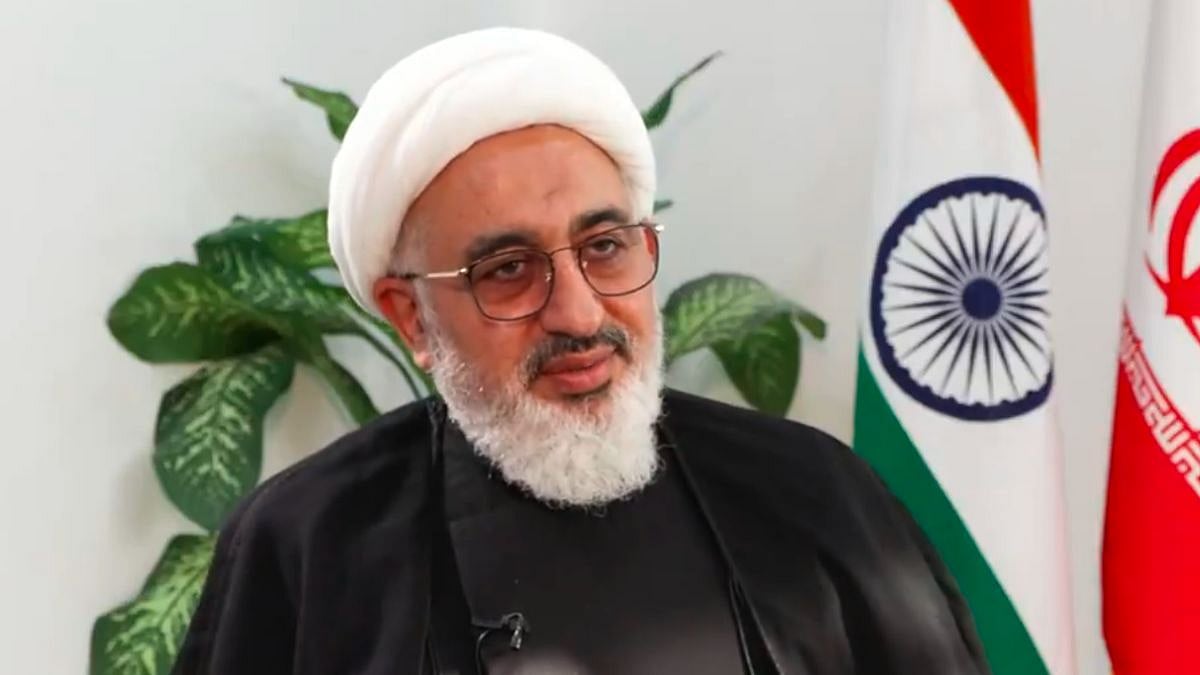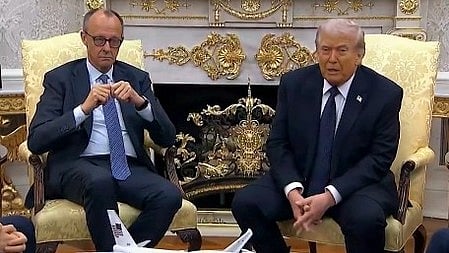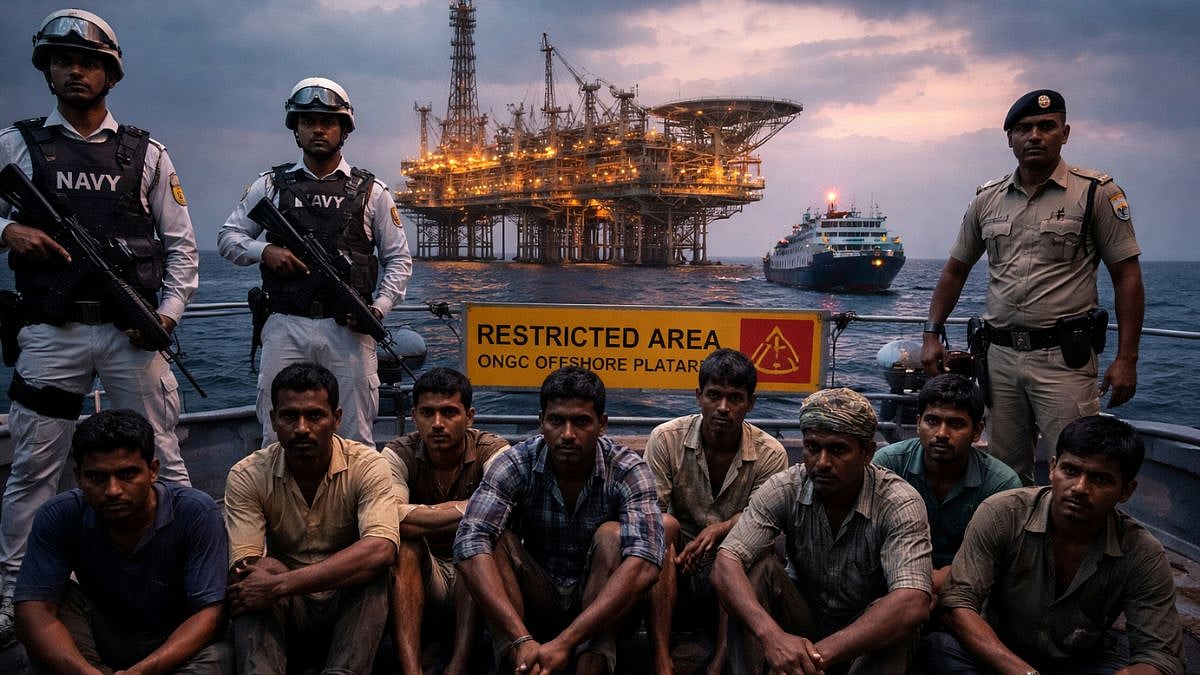New Delhi: Bharatiya Janata Party President Amit Shah may again get in trouble in the 2005 killing of Sohrabuddin Sheikh in Gujarat in an alleged fake encounter, though discharged in 2014 and all 22 accused acquitted by a Mumbai court last month, as he figures in a report made public by the Supreme Court on a probe by its former judge Justice HS Bedi.
The Supreme Court ordered release of the the report it got in a sealed cover on February 26 last year from the monitoring authority, headed by its former judge Justice HS Bedi, it had constituted in 2012 to probe all 22 alleged fake encounter cases in Gujarat between 2002 and 2006 and that included the case of assassination of Sohrabuddin in one such encounter.
Shah may not be in trouble immediately but nothing is certain after four weeks as the 3-judge Bench headed by Ranjan Gogoi put a rider that it has not yet accepted the Bedi report and it is giving all the concerned parties time to file objections, fixing the next hearing after four weeks “to consider the question of acceptance or otherwise of the final report.”
The Bench, which also included Justices L Nageswara Rao and Sanjay Kishan Kaul, rejected the Gujarat government’s plea not to put the report in public domain and ordered it given to the petitioners who had sought a probe into the fake encounters as also to the media. It rejected outright the state government’s plea that sharing the report with the petitions will cause prejudice.
The Chief Justice said the Court has received an 8-page note from Justice Bedi and he had consulted other members on the monitoring authority. Accepting his response, the CJI said: “If Justice Bedi is authorised to give report, which we think he is, how can State object to it.”
The Apex Court had constituted the authority on the petition of late veteran journalist B G Verghese, who died in December 2014, noted lyricist Javed Akhtar and Delhi activist Shabnam Hashmi in 2007, asking it to probe whether the encounters showed a pattern of people of a minority community targeted as terrorists. The panel headed by retired Apex Court Judge Bedi had reappreciated the evidence relating to the staged shootouts in Gujarat between 2002 and 2006.
The Bench rejected intervention of Gujarat counsel Solicitor General Tushar Mehta not to make public the probe report as it needs to be dealt with a sense of responsibility. It also criticised the Gujarat government for seeking constant adjournments of the case, noting how its counsel had sought adjournments on the plea that the solicitor general was busy in another court.
“State of Gujarat cannot seek adjournment again and again and again,” Justice Gogoi said. “If he can’t give priority to a case in court No 1 [the chief justice’s court] and wants to go to some other court, that is his decision. But he has to make arrangements here.” A copy of the report was also given to the Gujarat government for its response while dismissing its plea that it should be kept confidential from the media gaze.
In the last hearing, the Gujarat government had objected to the report, saying that Justice Bedi has submitted it without consulting the members of the monitoring authority. Justice Bedi denied the charge in his note to the Bench. Making it clear that it was not treating the report as final and was sharing it with the both sides to raise objections if any, the CJI rejected the Gujarat government’s plea not to share the report, saying it has already set the ball rolling. The court, however, made it clear that the report would become effective only after “We accept it.”




